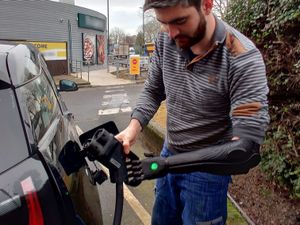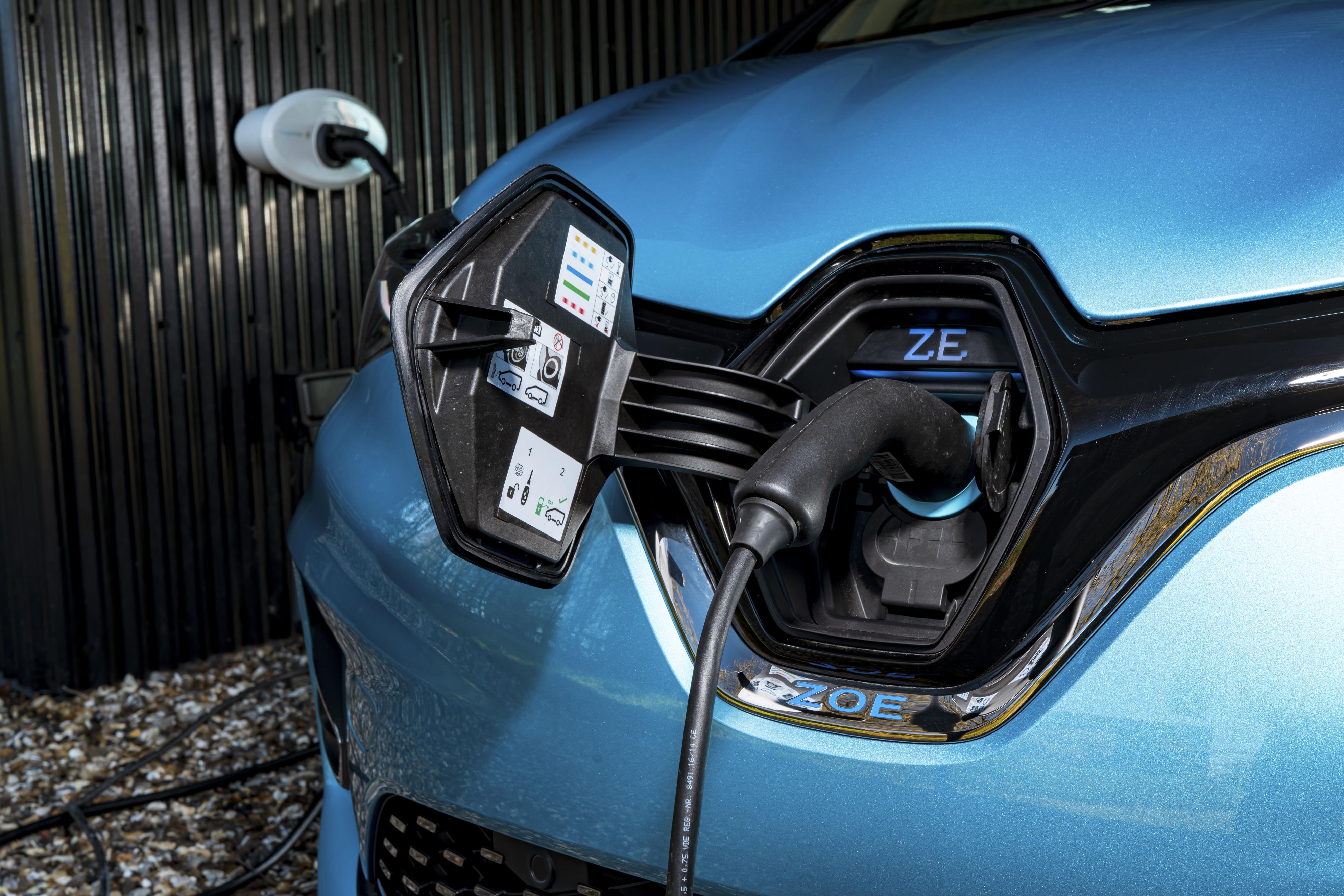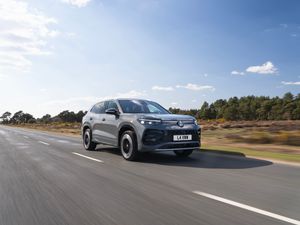One-third of disabled EV owners have issues with public charging points
Survey found that many struggle with the weight of the cables.

Many electric vehicle charge points are not well optimised for disabled drivers, according to a new survey.
A third of disabled electric vehicle owners said they had difficulties finding a suitable charger, while one in seven said the weight of the cables was an issue.
Others noted difficulties with the force required to attach connectors, a lack of drop kerbs around chargers, and a lack of suitable parking.
EV mapping service Zap-Map teamed up with the national disability charity Motability to find the challenges faced by disabled drivers when charging.

In its annual survey of EV owners, Zap-Map asked 2,200 people if they considered themselves to have a disability, and if so, to detail their experience of charge points. Eight per cent of respondents identified themselves as disabled, which is below the 20 per cent of the UK population.
Zap-Map indicates that this could be as a result of the accessibility issues highlighted in the responses to the poll.
Dr Ben Lane, Zap-Map’s chief technical officer and joint managing director, said: “The UK is witnessing the start of an electric vehicle revolution with millions of zero-emission cars set to appear on our roads in the near future.
“The new charging infrastructure to serve those EVs is being built now and we can’t afford to leave anyone behind. Businesses and charge point operators need to focus more effort on improving accessibility and designing charge points which will benefit everyone”
“The results of the Zap-Map/Motability survey should serve as a warning to the industry to sit up and take notice. Many disabled people will be thinking about investing in an electric vehicle but could be put off by a lack of accessibility at public charge point locations.”
Catherine Marris, innovation lead at Motability, added: “We know that one in five people in the UK are disabled and Motability’s recent research estimated that there will be 2.7 million disabled drivers or passengers by 2035, with 1.35 million expected to be partially or wholly reliant on public charging infrastructure.
“As we approach what will be a transformative energy transition in the UK, there is a robust social and commercial case for ensuring that EV charging infrastructure is accessible for disabled people. If we want to work towards a society and economy that is inclusive for all, then accessibility must be a priority.”
Zap-Map and Motability say the results of the survey ‘will be provided as input into the government’s consultation into consumer requirements for EV charging’.





